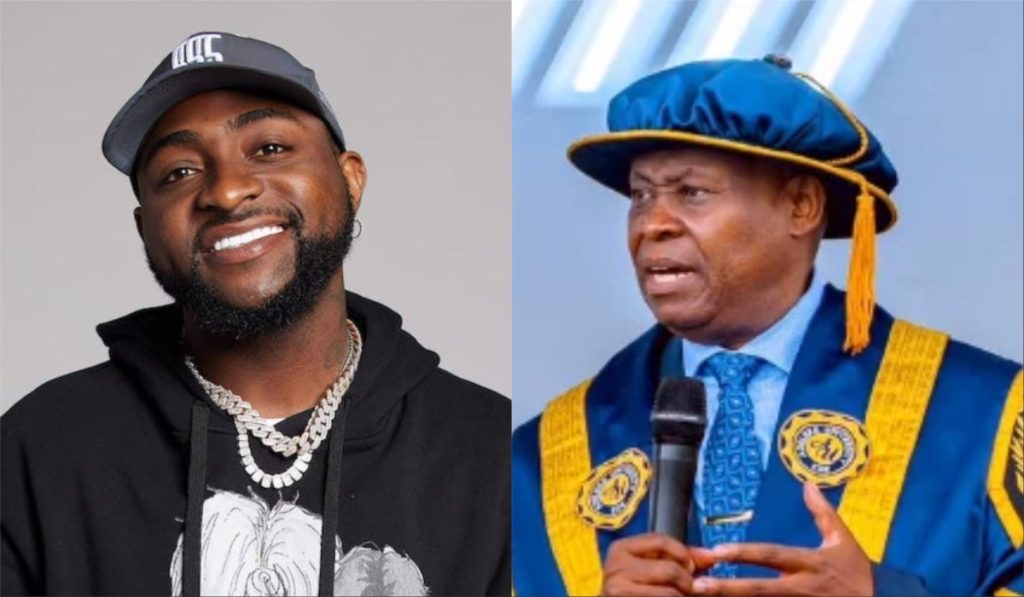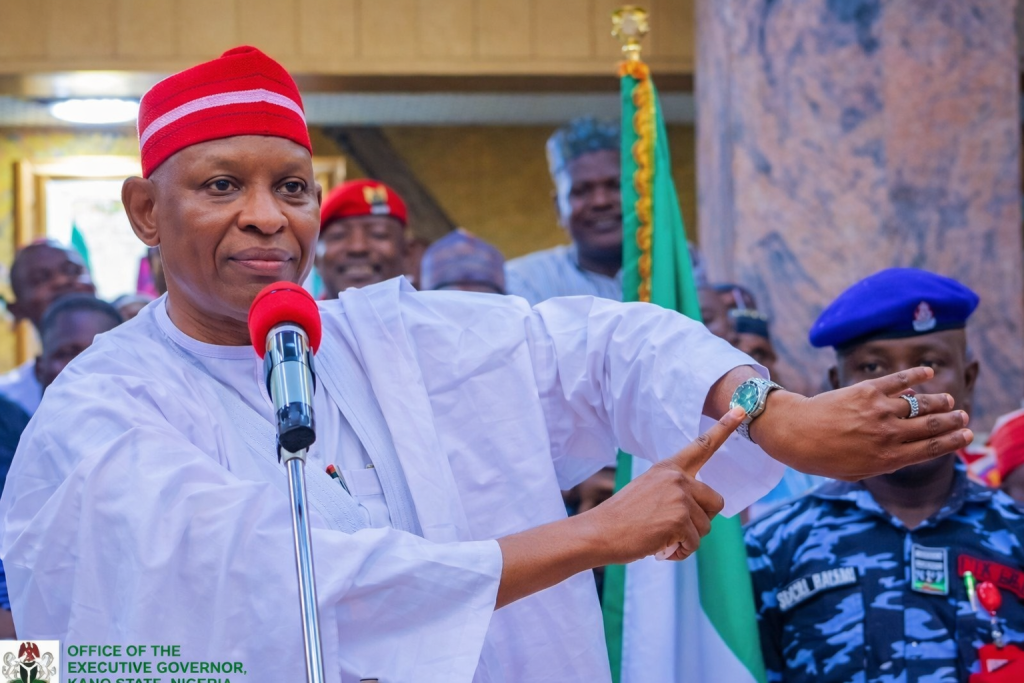Senegal, often considered a model of democracy in West Africa, witnessed its deadliest protests since independence following the conviction of opposition leader Ousmane Sonko on charges of corrupting youth. The violent clashes between protesters and state forces claimed 16 lives and prompted the government to arrest opposition leaders, restrict internet access and deploy the military in several cities. While many have condemned the protesters for the violence, the real concern lies with the regime’s willingness to use disproportionate violence to suppress growing discontent among the country’s youth, highlighting Senegal’s longstanding tradition of political dissent and protest.
Senegal’s history of democratic governance is not exempt from unjust conduct by its heads of state. Although Senegal has been a multiparty democracy for several decades, its presidents have often tested the limits of democratic power. In 2021, the state’s response to protests led to 14 deaths, the majority of which are attributed to state forces, and a further two due to arson. The instrumentalisation of Sonko’s case by both protesters and state forces has drowned out concerns over gender-based violence and the struggle for women’s rights in Senegal.
Beyond the political contestation, tensions remain high over the rumoured third term of current President Macky Sall. The Senegalese people have shown that their democracy remains alive and well on the streets despite these challenges, defending their democratic freedoms and rights, even in the face of state violence. While the general perception of corrupt justice in the country impairs the progress of women’s rights, the protesters deserve recognition for their dedication to democracy.
As the nation heads towards the presidential elections next year, where Sonko, Wade and Khalifa Sall, Sall’s leading competitors at the ballot box, are all disqualified, the opposition’s future remains murky. In an era where democracy is becoming more fractious, it is necessary to recognise the importance of democratic values. Ultimately, Senegal’s strength lies in its people, willing to protect their democratic freedoms and rights while holding the government accountable for their anti-democratic tendencies.
Franklin Nossiter, a US citizen, is a researcher on politics and security in West Africa and the Sahel for the International Crisis Group. He grew up in Dakar, Senegal and is currently based there. The views expressed in this article are personal.



